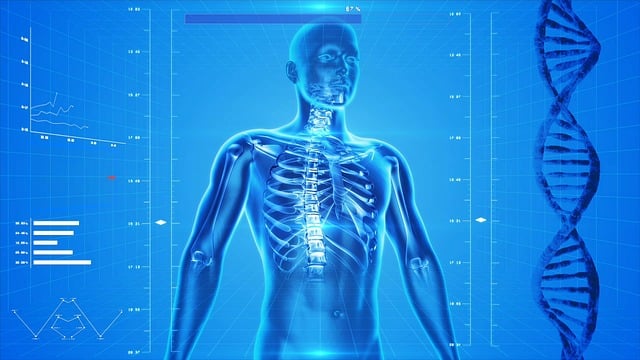Understanding the sequence of organ failure leading to death is crucial for both medical professionals and individuals interested in human biology.
The question, “What organ exactly dies last in a human body?” delves into the intricate process of how our body ceases to function.
While various organs shut down at different times, the heart often remains active the longest.
The Sequence of Organ Shutdown
In Experimental physiology, upon death, the body undergoes a series of physiological changes. The brain, being highly sensitive to oxygen deprivation, is typically the first to cease functioning.
Following brain death, the heart may continue to beat for a short period, even though it no longer effectively circulates blood.
This phenomenon occurs because the heart’s electrical system can maintain a rhythm for a brief time without input from the brain. Once the heart stops, other organs such as the liver, kidneys, and lungs begin to shut down.
These organs are highly dependent on a continuous blood supply to function properly. Without circulation, they quickly lose their ability to perform their vital roles.
Learn more about what the best and healthiest oil for frying.
Why the Heart May Be the Last to Stop
According to Human Physiology, the heart’s unique ability to generate electrical impulses allows it to continue beating briefly after brain death. This intrinsic function means that, in many cases, the heart is the last organ to cease activity.
However, it’s important to note that while the heart may still beat, it does so ineffectively, unable to supply oxygenated blood to the body.
The lungs, which are responsible for oxygenating the blood, also cease functioning shortly after the heart. Without oxygen, cells throughout the body begin to die, leading to the shutdown of other organs.
Learn more about how to keep skin healthy and glowing here.
A Word from GetMe Treated
In conclusion, while various organs cease functioning at different times, the heart often remains active the longest.
This highlights the complexity and resilience of the human body’s systems.
Understanding the sequence of organ failure can provide valuable insights into the dying process and inform medical decisions.
Learn more about the 10 biggest health risks many may face in the new year here.
FAQs About What Organ Exactly Dies Last In A Human Body
Is the heart always the last organ to stop?
Not necessarily. While the heart often continues to beat briefly after brain death, the exact sequence can vary depending on individual circumstances and underlying health conditions.
How long can the heart continue to beat after brain death?
The duration varies, but it is typically a matter of minutes. Without brain function, the heart’s activity becomes increasingly erratic and ineffective.
Can other organs function after the heart stops?
No. Once the heart stops, blood circulation ceases, leading to the rapid shutdown of other organs due to a lack of oxygen and nutrients.
Does the sequence of organ shutdown affect organ donation?
Yes. Understanding the timing of organ failure is crucial for organ preservation and successful transplantation.
Why is the brain the first organ to stop?
The brain is highly sensitive to oxygen deprivation and requires a constant supply to function. Without oxygen, brain cells die rapidly, leading to brain death.
Can the body survive without a heart?
No. The heart is essential for pumping blood and delivering oxygen to tissues. Without it, the body cannot sustain life.

